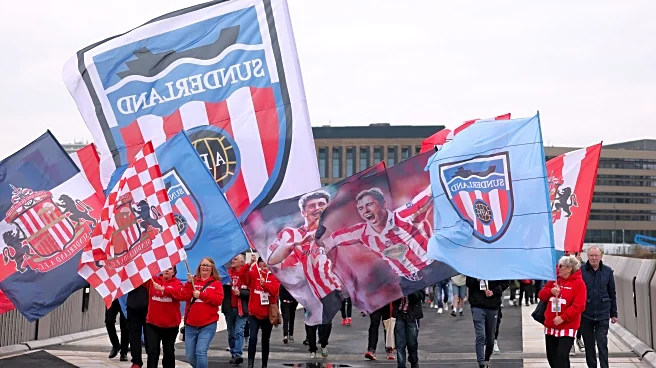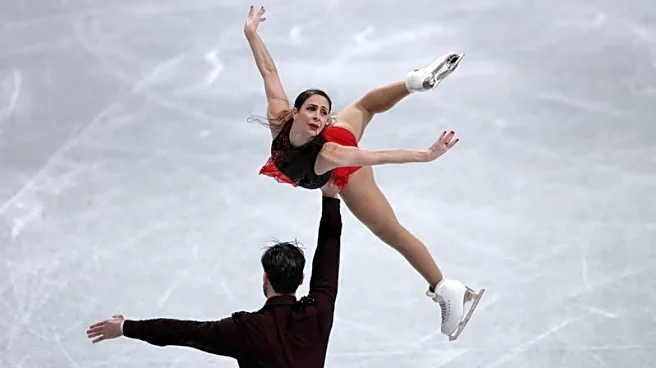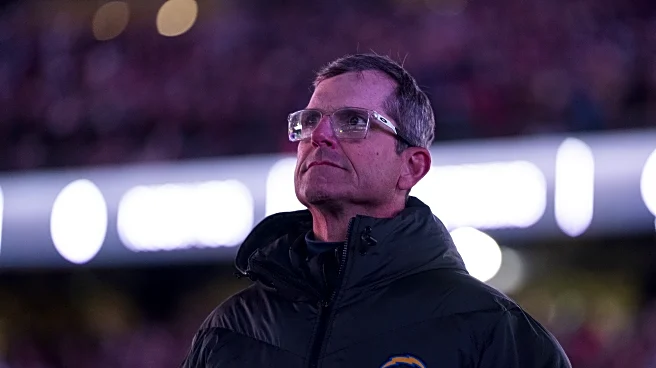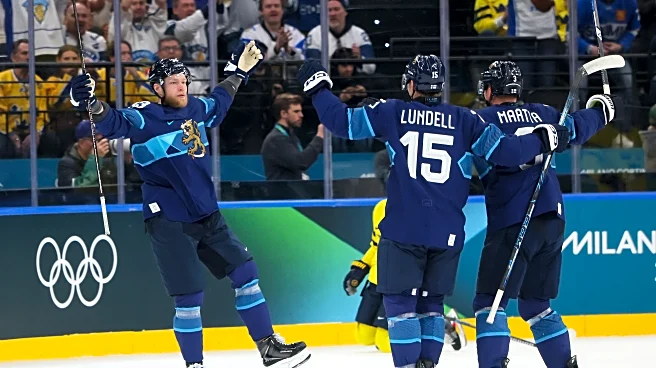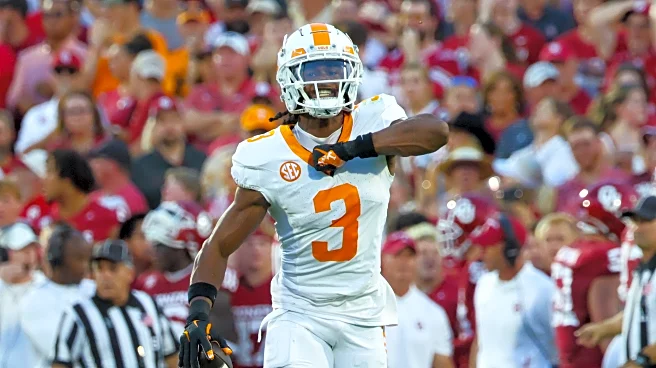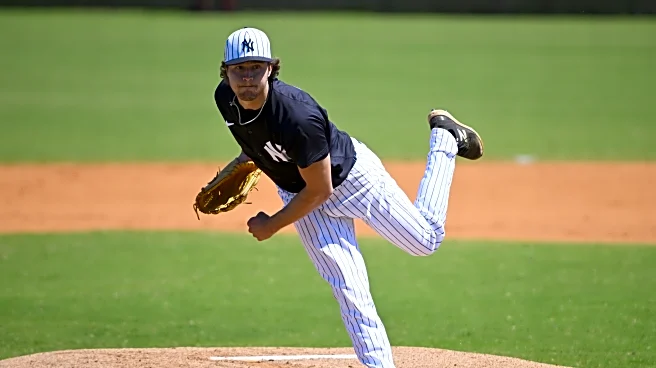Anyone who isn’t susceptible to strobe effects will be treated to another light show on Monday night, as there’s going to be a familiar figure in the dugout: David Moyes.

It’s impossible to see Moyes on
the touchline without being dragged back to the grim days of the 2016/2017 season. Appointed in July 2016, he was gone by the following May, resigning after steering the ship not just into an iceberg, but right to the bottom of the ocean itself.
Jermain Defoe recently likened Sam Allardyce to something of a father figure around the dressing room; unfortunately, Moyes was far from that.
Instead of instilling confidence in his players, he conceded to the press that we were in a relegation battle in August 2016, following a 1-2 defeat to Middlesbrough. When asked if fans should fear another relegation scrap, his response was:
That’s where they’ve been every other year for the last four years, so why would it suddenly change?
It was this sort of horrendous disconnect between the manager and fanbase that I remember more than anything.
For those of us who were at the Everton game during the 2015/2016 season, the mood was one of jubilation. We had players who were performing at a high level and there was a sense of excitement for the season ahead, yet Moyes destroyed any sense of hope — not just with his tactics, performances and results, but with transfers, as we saw many of his old mates come back and deliver some of the most rank performances we’d seen in years.
As we all know, relegation and the apathy that came with Moyes’ tenure started a freefall that would land us in League One, with the salmon pants of Charlie Methven. For many — myself included — Moyes is the face of that capitulation, driven by low standards with no willingness to establish a connection with the fanbase.
In 2025, though, things couldn’t be more different.
The man in our dugout is Régis Le Bris and the football we’re watching is, at times, incredible. We’re not fighting for scraps and we’re not rolling over to teams simply because we did in previous years. Instead, we’re actually going toe-to-toe with the elite. After nine games, we have seventeen points and to put that into context, it took us until Saturday 4 February 2017 to get to the same total under Moyes.

The contrast between the Sunderland team that Moyes managed and the team he’ll face on Monday night couldn’t be more stark and for many of us, this is one of the best ever starts to a top flight season in living memory.
Every game so far has had its own story — from our outstanding return to the Premier League against West Ham, the determined defensive effort with ten men against Aston Villa and more recently, Chemsdine Talbi’s reminder that ‘Til The End is more relevant than ever.
This team is the story, not Moyes, although naturally the pre-match talk will be about the reception he’ll get. Will there be boos? Absolutely. Perhaps a polite round of applause for the man who brought in Didier Ndong, Papy Djilobodji and Donald Love? Probably not.
In truth, though, who cares? The reception he gets is a footnote and the real story is what happens after the whistle blows. Moyes is part of our past. It’s a miserable part, admittedly, but it’s the past nevertheless.
Monday night is about us.
It’s about Le Bris and his scientific approach to games in this league. It’s about the team we’ve assembled in a short space of time and how they’ll carry on the forward momentum we generated from the Chelsea game — and it’s also about whether we can continue a truly remarkable run.
For me, the best way to say “Fuck David Moyes” is not to direct a chant to the away dugout, but to continue with the synergy that we have in place, cheering on this incredible team as they leave everything on the pitch.
Let Moyes watch on as a sold out Stadium of Light shows him that we’re back where we belong. By all means, feel free to provide a suitable greeting before we kick off but as soon as the whistle goes, let’s get behind the Lads on the pitch.
